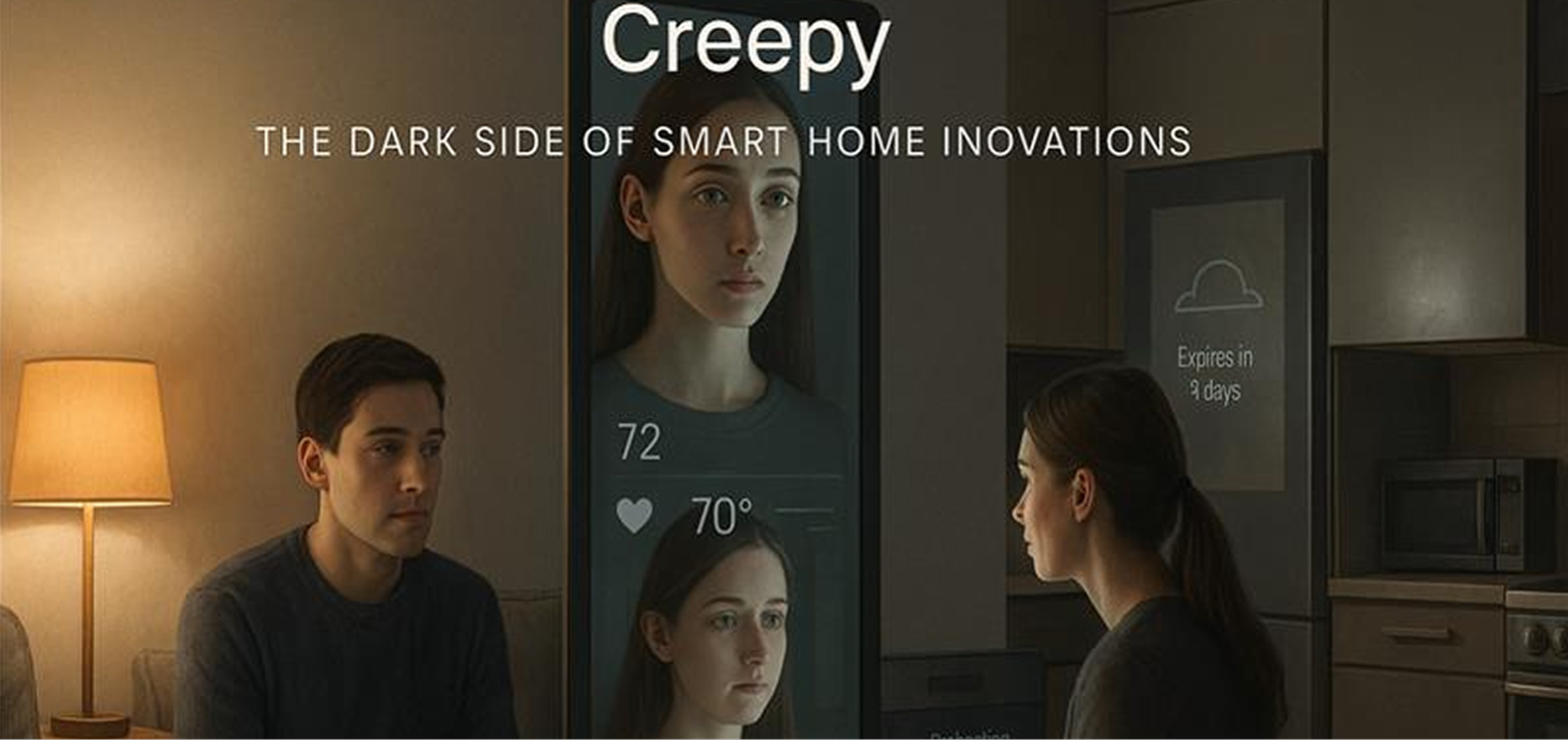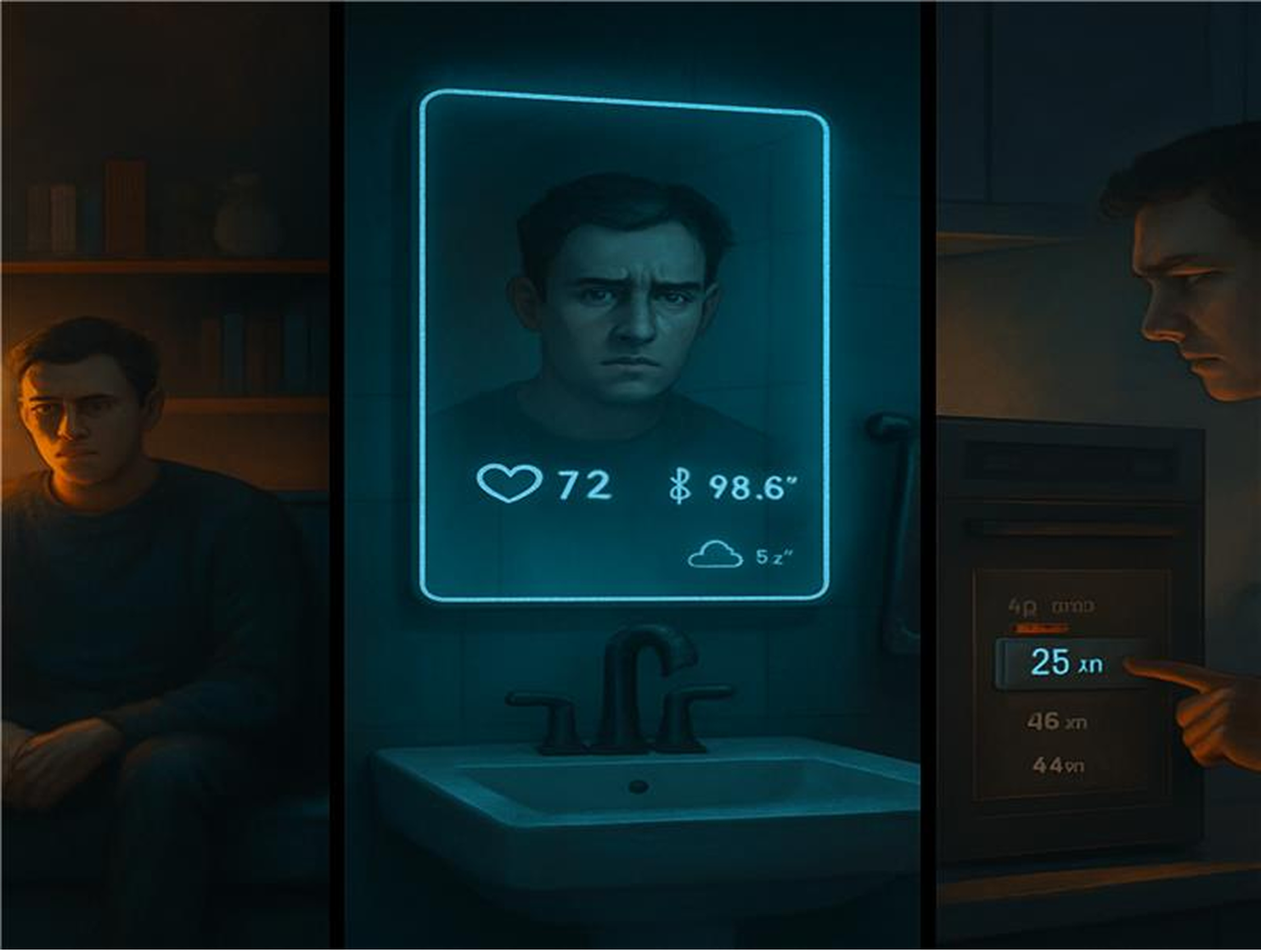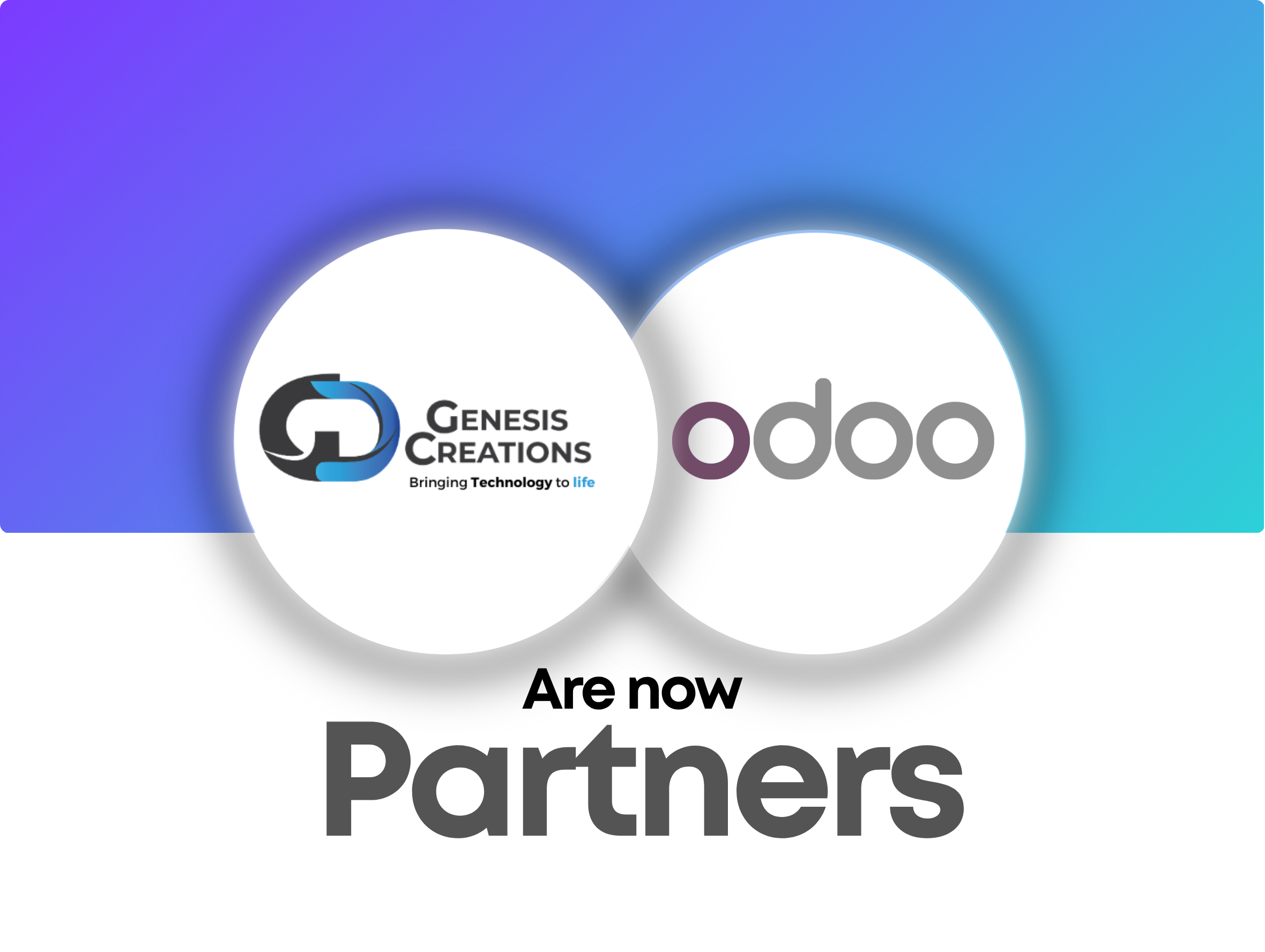When Convenience Becomes Creepy: The Dark Side of Smart Home Innovations
Smart home tech offers ease and efficiency but at the cost of privacy, autonomy, and data security.

Smart homes have long been celebrated as the pinnacle of modern convenience, promising to revolutionize our daily lives with automation, personalization, and efficiency. Yet as tech enthusiasts and even beginners marvel at these innovations, it's time to ask: at what cost? Today, we dive into three cutting edge applications smart lighting that knows your mood, next-gen smart mirrors, and connected kitchen appliances that “think” for you to explore whether these marvels are genuinely improving our lives or quietly invading our privacy.
Smart Lighting That Knows Your Mood
Imagine coming home after a long, stressful day and having your living room lights dim to a soothing, warm hue because your smart lighting system “senses” that you’re feeling down. It sounds fantastic until you realize that these sensors, or even facial recognition technology, are constantly watching and analyzing you.
The Upside:
- Enhanced Well-Being: Custom lighting that adapts to your mood could boost relaxation, improve sleep cycles, and enhance your overall environment.
- Energy Savings: Automatically adjusting brightness based on room occupancy and ambient conditions can lead to significant reductions in energy consumption.
The Dark Side:
- Privacy Invasion: What happens when your mood data is stored or, worse, sold to advertisers? The idea that your emotions might be tracked and monetized is deeply unsettling.
- Data Misuse: With a trove of personal data being collected, there's a looming risk of exploitation by hackers, tech giants, or even governmental agencies. Are we inadvertently opening the door to a surveillance state right in our homes?
The Next-Gen Smart Mirror: More Than Just a Reflection
Imagine starting your day by stepping in front of a mirror that doesn’t just reflect your image, but displays your health metrics, latest news, and even offers personalized skincare advice. This smart mirror blends health and beauty tech with digital innovation, but at what price?
The Upside:
- Holistic Health at a Glance: Instant access to health metrics can motivate you to make better lifestyle choices, serving as your personal wellness assistant.
- Personalized Content: From weather updates to skincare recommendations, these mirrors provide a one-stop hub for morning routines.
The Dark Side:
- Surveillance in Your Sanctuary: Bathrooms and bedrooms are among the most private areas of our lives. The introduction of a digital observer into these intimate spaces can feel intrusive, raising red flags about who has access to your personal data.
- Data Security Risks: Sensitive information about your health and habits could become a target for cybercriminals, with potentially severe consequences if this data falls into the wrong hands.
Connected Kitchen Appliances That “Think” for You
The modern kitchen is rapidly evolving. Today’s appliances aren't just passive tools they're becoming active participants in our daily lives. Ovens that adjust cooking times, refrigerators that track food expiration, and smart dishwashers that optimize water usage promise to simplify meal preparation and reduce waste. Yet, as these gadgets grow more "intelligent," they also stir a critical debate about how much control we’re willing to cede to algorithms.
The Upside:
- Effortless Efficiency: Smart ovens could prevent culinary disasters by perfectly timing your meals, while fridges that monitor food can reduce waste and save money.
- Sustainability Benefits: Optimized appliances help conserve energy and water, cntributing to a greener lifestyle!
The Dark Side:
- Over-Dependence on Technology: When our appliances start “thinking” for us, we risk losing essential skills. Will future generations struggle with the basics of cooking and home management?
- Unintended Consequences: A software glitch in your smart oven could lead to culinary chaos. What seems like a minor annoyance could quickly escalate into a major disruption in your daily routine.
- Privacy and Autonomy: Just as with smart lighting and mirrors, these connected devices gather extensive data about your habits—turning your kitchen into a data goldmine for tech companies and advertisers.

Conclusion: Embracing Innovation or Losing Our Privacy?
The allure of smart homes is undeniable. They offer tailored experiences, efficiency, and even potential health benefits that can genuinely enhance our lives. Yet, as we integrate smart lighting that “reads” our emotions, mirrors that scrutinize our health, and kitchen appliances that automate our daily tasks, we must confront a sobering reality: every convenience has its cost.
Are these technologies truly serving us, or are we slowly surrendering our privacy and autonomy to a network of surveillance and dependency? The debate is far from settled. While these innovations promise a smarter, more efficient future, they also force us to reconsider the boundaries between helpful technology and invasive overreach.
The future of smart home tech is as thrilling as it is controversial. As you embrace these advancements, take a moment to reflect on what you might be giving up in return for convenience. Are you ready to live in a home that caters to your every mood, health, and culinary whim at the potential cost of your personal data and independence? The choice is yours, but it's a conversation worth having in this rapidly evolving digital landscape.
Get Notified about new VR trainings
Want to be the first to know about new courses release dates? Subscribe and we'll make sure it happens!





